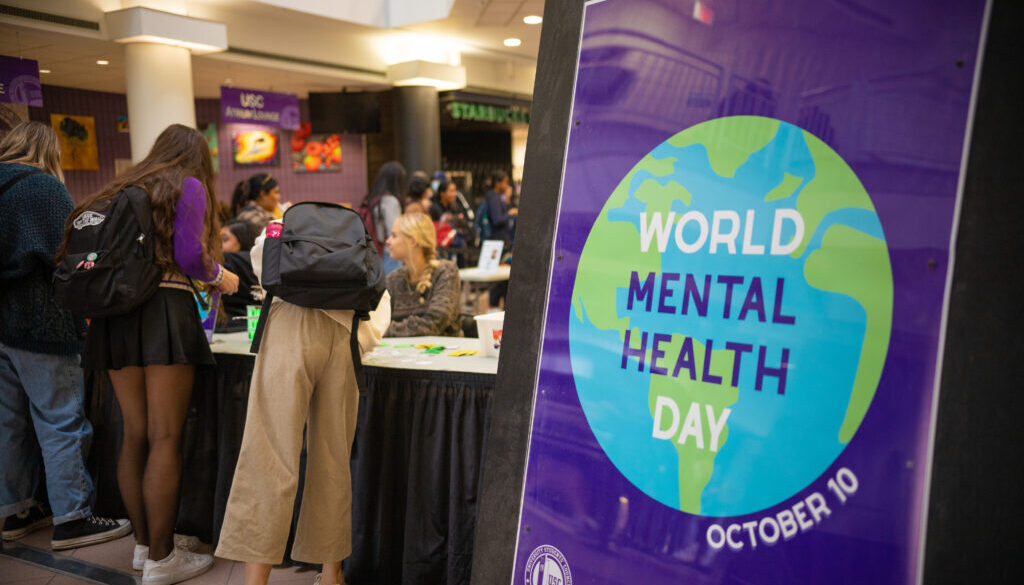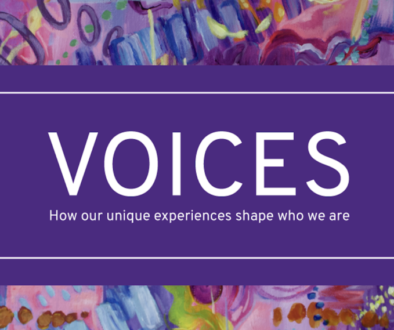Quarantine Mental Health
A 2020 Recap - How Covid-19 Changed All of Us Victoria Giguere
It’s no secret 2020 has been a shitshow. What started off as a year filled with promise and new beginnings quickly spiralled, with NBA legend Kobe Bryant and his daughter Gianna’s tragic helicopter death on January 26th setting the tone for the year ahead. The most obvious defining event of 2020 is the COVID-19 outbreak that has affected the world on a massive scale, but let me refresh your memory on the rest of the happenings. Threats of World War III, murder hornets, wildfires in Australia and California, Donald Trump’s impeachment (and acquittal), toilet paper shortages, the Pentagon UFO video footage, Kanye West’s candidacy for President, the Tiktok ban scare, famer protests in India, Tiger King, the creation of whipped coffee, the resurfacing of the #BlackLivesMatter movement, and potential signs of life on Mars (yes, really) all happened within the last twelve months, if you can believe it. Bet you forgot at least half of those events even happened, right? I’ll admit, I had to research the events of 2020 myself in order to remember the true scope of the year humanity has gone through.
Along with this, 2020 has experienced loss on huge scale: the deaths of Chadwick Boseman, Eddie Van Halen, Ruth Bader Ginsburg, and Alex Trebek are just four examples of this, not to mention hundreds of thousands of people who passed away from COVID-19, who, although not celebrities, are just as important to the families and friends who love them. The deaths of Treyvon Martin, George Floyd, Tamir Rice, and Breonna Taylor (among countless other innocent victims of police violence) spurred protests all across the continent against the blatant and deadly racism continually upheld and reinforced by institutions of power. #BlackLivesMatter lives on, even through lockdown restrictions, and though inciting change is more difficult when we can’t band together, we cannot let the end of 2020 mean the end of the fight for racial justice.
The turbulence of this year has created a wave of mental health struggles across the globe, especially with youth. Even as I write this, I’m going through a very rough time in my own life. The toll of months of quarantine away from school, my friends, and my passions has led me to become trapped in my own head, engulfed by my thoughts with nobody to drown them out. I intend to be as honest as I can in this piece, because I don’t believe that sugarcoating mental health struggles does anybody favours, and it’s important to recognize that struggling during these unprecedented times (or any times for that matter) is valid, not a weakness, and totally okay. Your emotions do not need justification or validation to be real.
For many of us, COVID-19’s restrictions on where we can go and who we can be with has given us far more time to dwell on something that the busy student life usually does not allow us: our emotions. But before we explore how this has taken its toll, I wanted to point out some positives of this fact. Primarily, many of us (including myself) have used the extra time alone and at home to do things we may not have felt able to do before: in the summer, I tried to pick up skateboarding (and failed miserably, though that’s beside the point). Since it’s gotten colder, I’ve tried to put more effort towards finally learning how to play that electric guitar that’s been collecting dust in my room for the last three years. Even with all of the things going on in the world, it’s been nice to have time to grow and really understand who I am as a person when I’m by myself and am forced to figure out what I want to prioritize my time towards. I will also say that becoming self-directed through online school has forced me to really evaluate and understand how I learn and what works best for me. After months of procrastination, unbearable levels of stress, and continually struggling to meet deadlines without leaving things to the last minute or overwhelming myself, I saw a psychiatrist and am now starting ADHD medication and coping mechanisms for the first time at the ripe age of twenty-one. Turns out online school had unearthed all of the struggles I’d been able to avoid through in person classes. Habits that I had struggled with so much, and gotten so guilty and angry over, were actually directly attributed to something completely out of my control, something which I’ve been struggling with for years but was always too busy to really address.
I think this is a defining feature of this pandemic: the time alone that we have spent learning more about ourselves has also led us to realize struggles that we may have been ignoring or repressing due to the constant push for academic and extracurricular success that has been beaten into us as university students. The looming thoughts of finding a stable job, moving out on our own, and building a life for ourselves is always stewing on the backburner, amplifying the stress we already have to handle as a student with deadlines, grading schemes, and program requirements. Depression and anxiety levels among students have skyrocketed with the changes in curriculum and lack of peer support. Another common misconception is that academic and social success means that you are not struggling with mental health, and this is completely untrue. The stigma that we attribute towards mental health leads us to think of people who struggle with it as being isolated from their peers, antisocial, unmotivated, and cold, when many people who battle mental health are high functioning, great at hiding it, or have consciously or subconsciously repressed it. Anyone can struggle with mental health, regardless of race, gender, sexuality, background, class, or any other variable. Just because you had a good childhood, good grades in school, are popular, or are successful by any other standard, does not mean your emotions aren’t valid, justified, and real.
With the year that 2020 has given us, it’s more important than ever to reach out to your friends and family, not only those who appear to be struggling, but those who appear to be taking things in stride. Connection through this pandemic has been one of the most valuable ways to pass the time during a year that has lost all linear meaning. Be there for the people you love in any way you can while respecting social distancing guidelines. On this note, though, make sure to take care of yourself. The constant pressure of social media, Zoom calls, and online socialization as the only viable form of interaction has led many people (youth especially) to become burnt out, and it’s important to realize when you can benefit from some time to yourself and away from your devices and responsibilities.
Mental health is something that everyone has. A large part of mental health is mental wellness, and being aware and in tune with your own emotions and sense of self. Though you might physically be alone, there is always someone who is willing to listen, help you, and support you through whatever you may be going through. If you’re feeling overwhelmed, let yourself lean on someone you trust and be there for them to do the same. We will get through this together. And when all else fails, remember that we’re on a giant floating rock, and that paper that you’re so worried about now probably won’t matter as much as you think it does.





